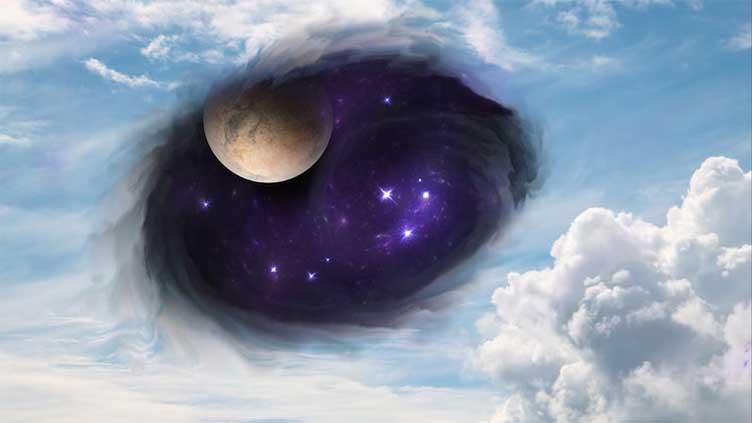Ozone layer hole above Antarctica mending: Scientists

Technology
Ozone layer absorbs all harmful radiation of the Sun
(Web Desk) - Scientists were shocked when they discovered that pollution had created a hole in the protective ozone layer of Earth in the 1980s.
After nearly 40 years, scientists from the Copernicus Atmosphere Monitoring Service (CAMS) noticed that this hole had reduced in size which hinted at the possibility of its recovery.
In the latest atmospheric observations, it was revealed that it took a significant time for the ozone hole to be formed over the South Pole and it was smaller than expected this year.
The ozone layer is a thin layer of ozone gas in the atmosphere which is made of three oxygen atoms and is able to absorb all harmful UV radiation of the Sun.
The British Antarctic Survey carried out research in 1985 and found that there is a huge hole in the ozone layer over the South Pole.
When spring comes in the Southern Hemisphere, the hole opens up again and UV radiation pours down towards the Antarctic continent.
This results in too much radiation in Antarctica because of which Antarctic wildlife such as seals and penguins remain at a huge risk of getting sunburnt.
Generally, the hole remains well established in mid-to-late August and closes by the end of November.
As per the new data, the formation of the ozone hole has been very slow in comparison to previous years.
The ozone hole did not start getting formed till September and remained very small throughout the period.
CAMS has predicted that for the rest of the year, the ozone hole will start shrinking faster and is likely to have completely closed by December.
"From volcanoes to climate change, there are a myriad of factors that play a role, directly or indirectly, in the formation of the Antarctic ozone hole.
Nonetheless, none of them are as impactful as the anthropogenic ozone-depleting substances," said Laurence Rouil, director of CAMS.
"Just as a period of colder weather than usual doesn’t reveal long-term trends of climate, a slow start of an ozone hole can’t automatically be attributed to a recovery of the ozone layer," stated CAMS in a blog post.


